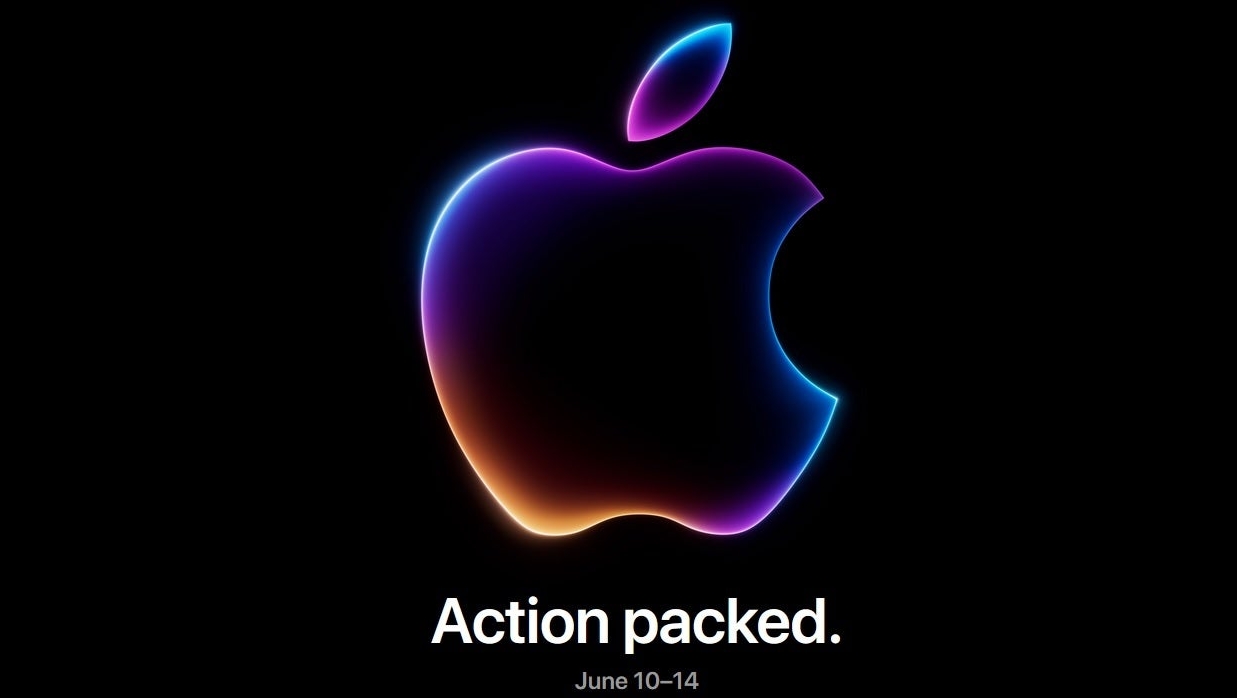
Apple's Worldwide Developers Conference – WWDC 2024 – starts today – and it could be big.
This may be the moment when Apple goes all-in on artificial intelligence, with a range of tools and features integrated across the iOS 18, macOS 15, watchOS 11 and maybe more.
Apple's WWDC 2024 keynote begins at 10 am PT / 1pm ET / 6pm BST today, June 10, which is 3am AEST on June 11 for our Australia team. If you want to watch live, check out our guide on how to watch WWDC 2024.
Now, read on for our live impressions of WWDC 2024 as it happens.
What to expect at WWDC 2024
AI has been the focus for Apple's competitor's, between Google I/O 2024 and Galaxy AI on the Samsung Galaxy S24, so we expect Apple to explain how it's going to integrate AI into its products, including Siri and other features. Expect Apple to put a lot of its keynote focus on AI.
But we're also sure to get a look at iOS 18, which should have more customization and accessibility options, as well as some design tweaks. iPadOS could finally get new apps like as a native calculator, and some rumored new Apple Pencil 3 features.
We expect macOS to offer AI features, with native apps that lean on smart tools and generative AI: assisted writing in Pages, a slide deck maker in Keynote, coding in Xcode, all powered by AI.
When it comes to the Vision Pro and visionOS, we haven't heard much rumbling, so we're expecting a nod to spatial computing but nothing huge coming yet. For wearables, we're not expecting huge watchOS changes with watchOS 11.
Watch WWDC 2024 live with us
WWDC latest news, rumors, analysis and more
Good morning from the across the globe! We're live in New York, the UK, and especially Cupertino, CA. I'm Phil Berne, here to guide you through WWDC 2024 as it happens. Let's go!
So first thing first, for everything WWDC 2024, check out this section on TechRadar. For everything else, you're in the right place.
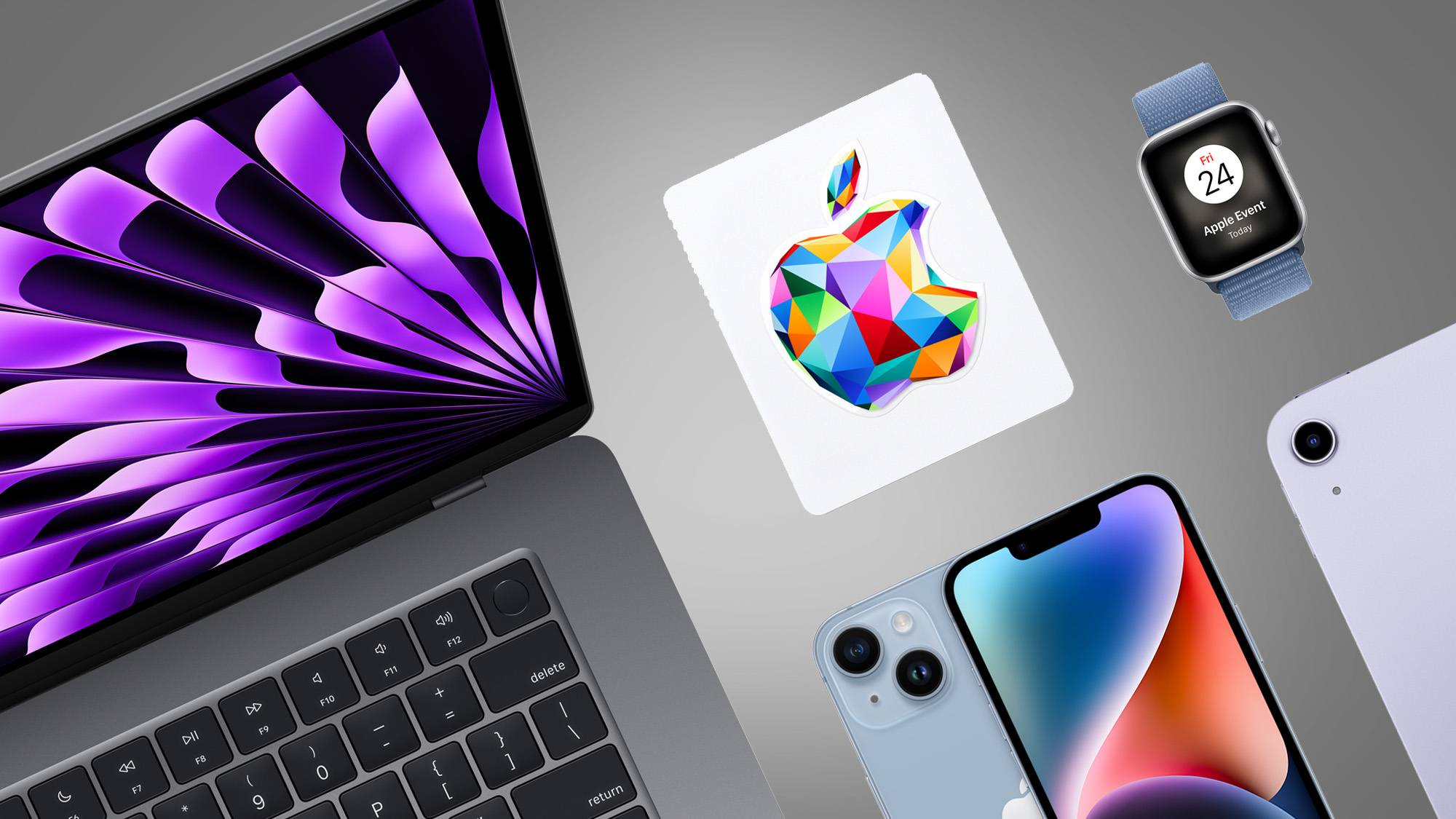
So what should you expect from WWDC this year? Well I've penned an article with 5 things to expect from WWDC 2024 for your reading pleasure.
But in short: forget hardware and prepare for a whole lot of AI.
Speaking of a lack of hardware, I've dug into what not to expect at WWDC 2024, for more details on the things we don't reckon we'll see.
So give that a look so you can avoid any disappointment. Of course, also be prepared for some sudden surprises.

Having said all of that, WWDC is likely to give us a taste of what we could see from next-generation hardware.
My own series of predictions has AI-centric ship baked in at the heart of the iPhone 16, Apple Watch 10 and more.
While AI is very much the buzzword of the world of tech right now, I suspect that Apple will make its presentation all about the seamless integration of AI and generative AI features.
What will be curious is to see if Apple champions its own AI efforts or leans towards work done by the likes of OpenAI and ChatGPT. Apple has long gone its own way, but with AI it could take a different route.
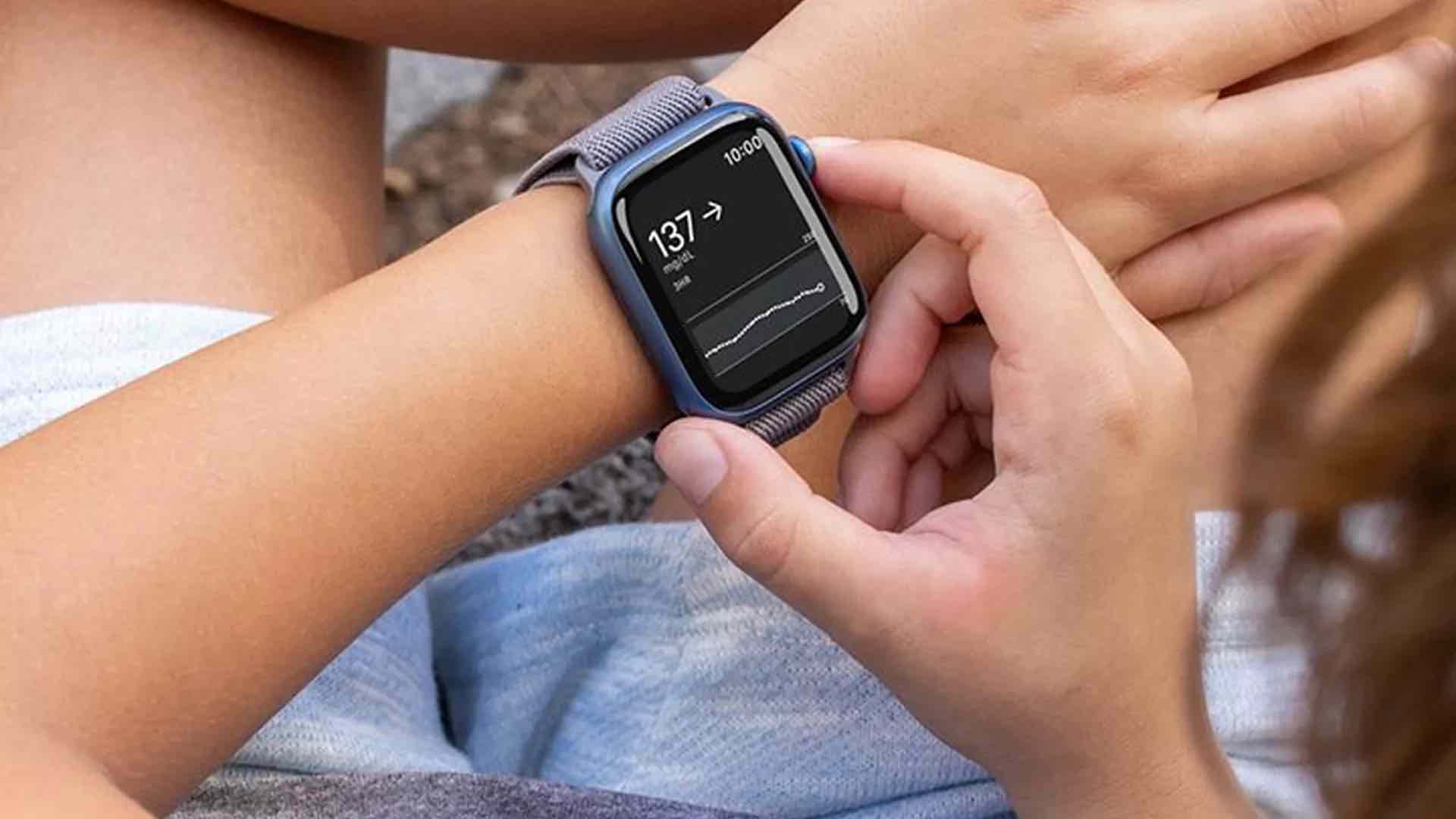
I have a mild suspicion that the need for onboard AI processing will see a whole range of Apple devices get new custom chips. And that could change their overall design to incorporate new things like enhanced cooling systems for extended performance.
I'm talking a bit of extra thickness for iPhones as an example; think evolution not revolution.
Apple tipster and Bloomberg reporter Mark Gurman had some interesting insights into what Apple could do with AI over on Twitt... X.
"Apple’s AI push isn’t so much about its current devices, but enabling its next wave of hardware from AR glasses to AirPods with cameras to potentially humanoid robots and more," Gurman posted.
Power On: Apple’s AI push isn’t so much about its current devices, but enabling its next wave of hardware from AR glasses to AirPods with cameras to potentially humanoid robots and more. https://t.co/9eWkTB25n3June 9, 2024
Gurman's take is an interesting one and sort of aligns with my prediction of how Apple could go big on AI at WWDC 2024.
My thoughts are the Cupertino crew will try to integrate AI holistically across its platforms so that using generative AI tools becomes almost second-nature. Gurman reckons such stuff will be buggy to begin with, and I don't doubt that.
But what I'd be curious to see if if Apple will retrofits AI capabilities into the likes of the iPhone 15 and iPhone 14, or if it'll requie people to adopt next-generation hardware.
I think the biggest AI change Apple will bring to the table will be a smarter Siri.
For some time, Siri has been the slower and dumbler of the virtual assistants, at least in my opinion, lagging behind Amazon Alexa and the Google Assistant, An injection of new smarts and better natural language comprehension could really give Siri a kick up its virtual butt and make it a lot more usable.
But let's take a step back and focus on something a little more tangible for a moment. Here's what we can expect in terms of new software from Apple:
- iOS 18 with a beta release closely after.
- iPadOS 18 also with a beta, but perhaps limited compatibility across older iPads.
- macOS 15 with a suitably mountain range-related name.
- watchOS 11 with a host of new fitness-focused features.
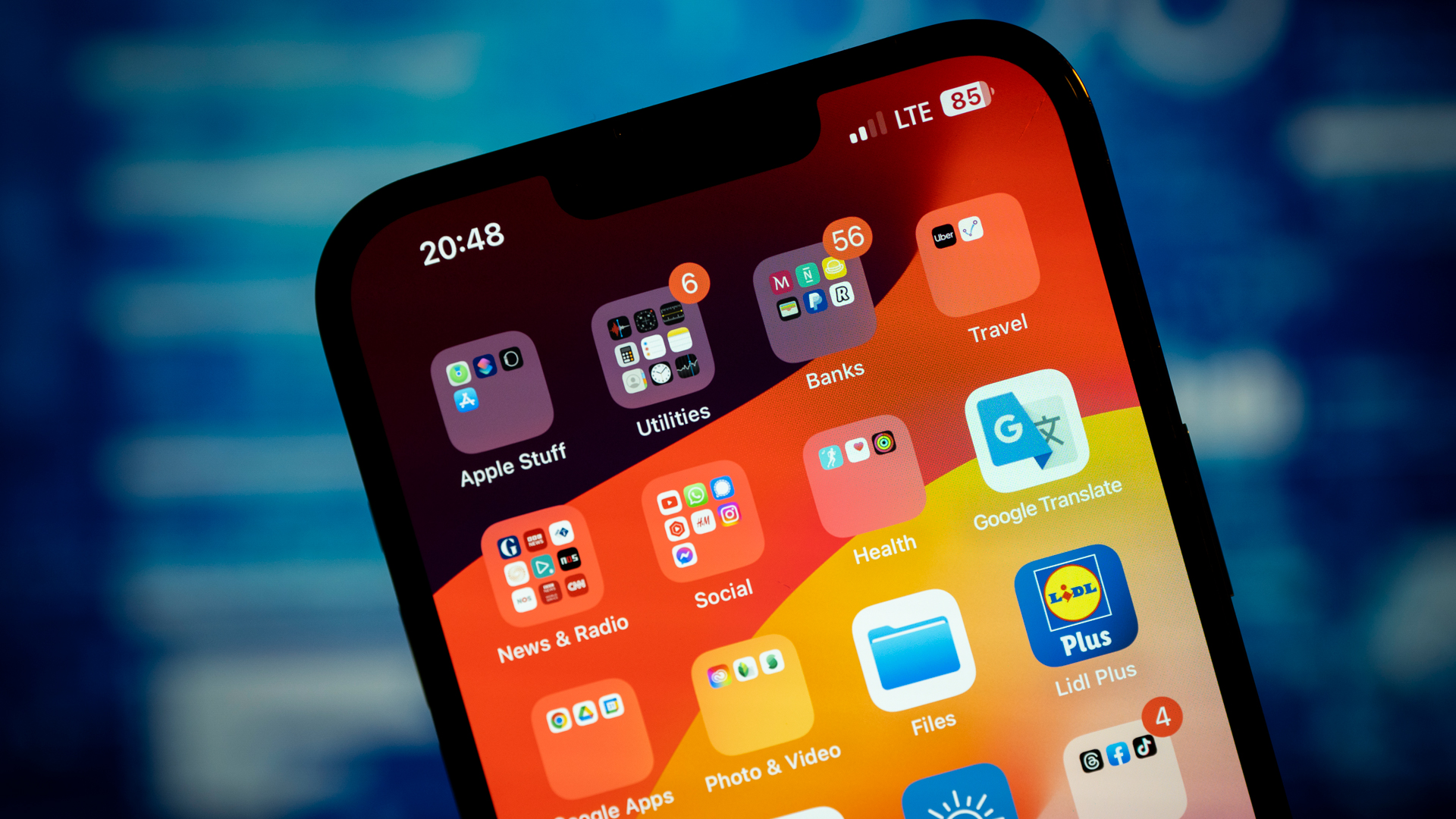
For iOS 18, we already have a wishlist of features. And they aren't leaning super-heavy on AI.
Rather some interface tweaks and the ability to do more without digging into settings will be appreciated.
Our software-centric computing writer Kristina Terech has some thoughts on what four ways Apple could steal Windows 11 fans' hearts at WWDC 2024 with macOS 15.
From gaming to granular control over any new AI tools. And I tend to agree with her wishlist.
Somewhat kicking against the AI trend, Fitness Editor Matt Evans isn't stoked at the idea of having AI and large language models integrated into next-gen watchOS.
Evans reckons there's cause to be wary about needing to load health data into apps and features that have information-hungry AIs, and that could lead to increased commodification of data. Can't say I disagree with his POV.
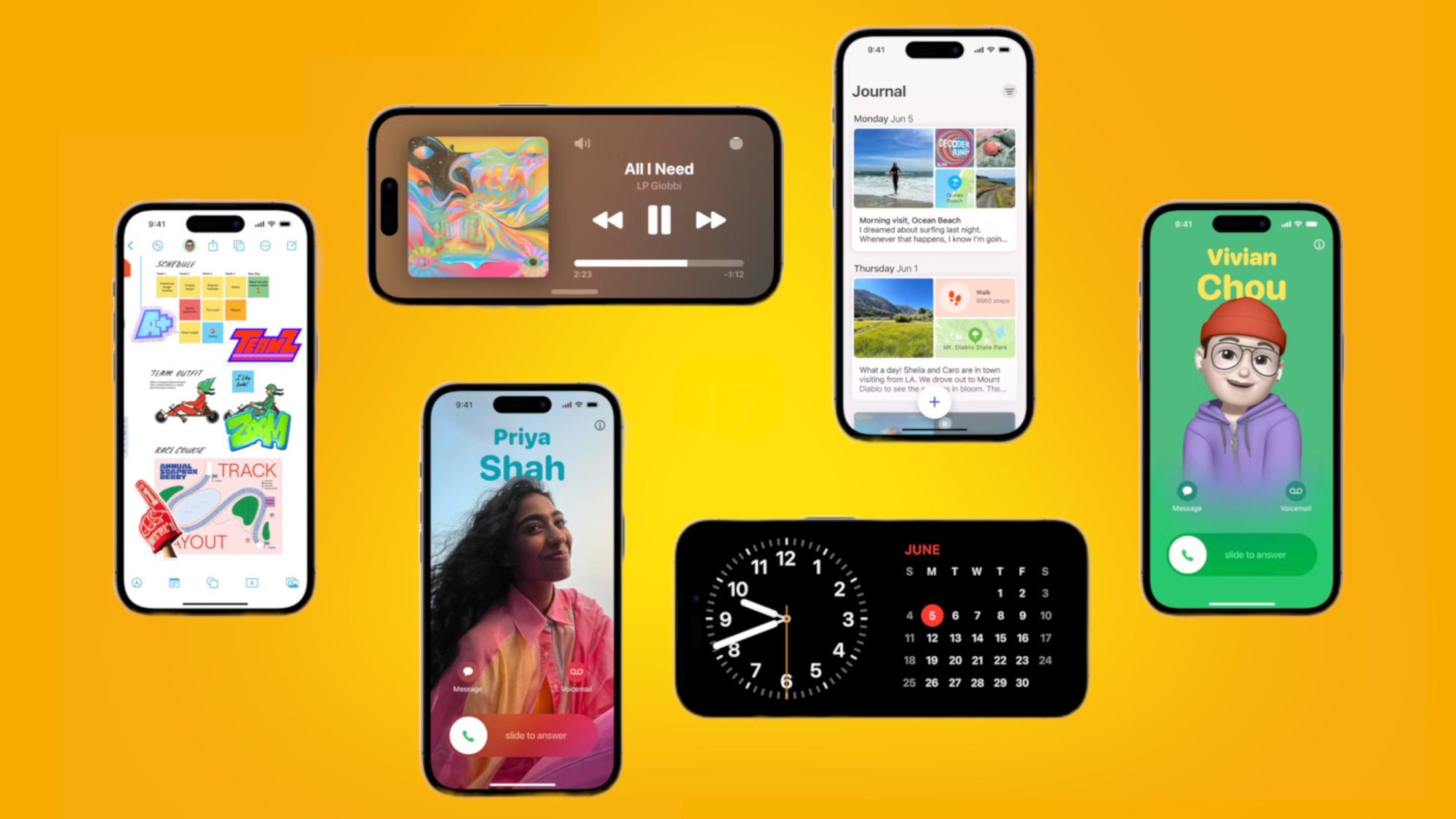
Swinging back round to iOS for a moment and we've just published an article titled: Can't wait for iOS 18? You still might want to skip the first beta release.
That's sage advice, as such betas are often buggy and unstable, which isn't the sort of platform you want on your main iPhone. If you have an older yet still compatible device and are desperate to give iOS 18 a while, then I suggest using that as a beta machine. Keep your main phone for the full release only.

Given everyone harps on about AI, you'd be forgiven for having a sense of ennui at the whole thing. The machines have yet to rebel, so why care about AI unless it's having a direct effect on you?
Well Editor-at-Large Lance Ulanoff reckons you should care about everything that happens at WWDC 2024 – and why it will change your Apple world.
From my own perspective, I'm mildly hyped about what Apple could do with AI, in what's tipped to be called Apple Intelligence. Apple does things a little differently to other tech brands so I'd be keen to see how it approaches and embraces generative AI.
However, there's a lot of hype around AI that's yet to deliver truly impressive solutions to problems. Sure AI art can look good but it's often a mess, and AI-generated text can often be appalling. And smart photo editors are good, but then we already have some neat editing option build into camera apps, so AI takes will need to offer something truly special.
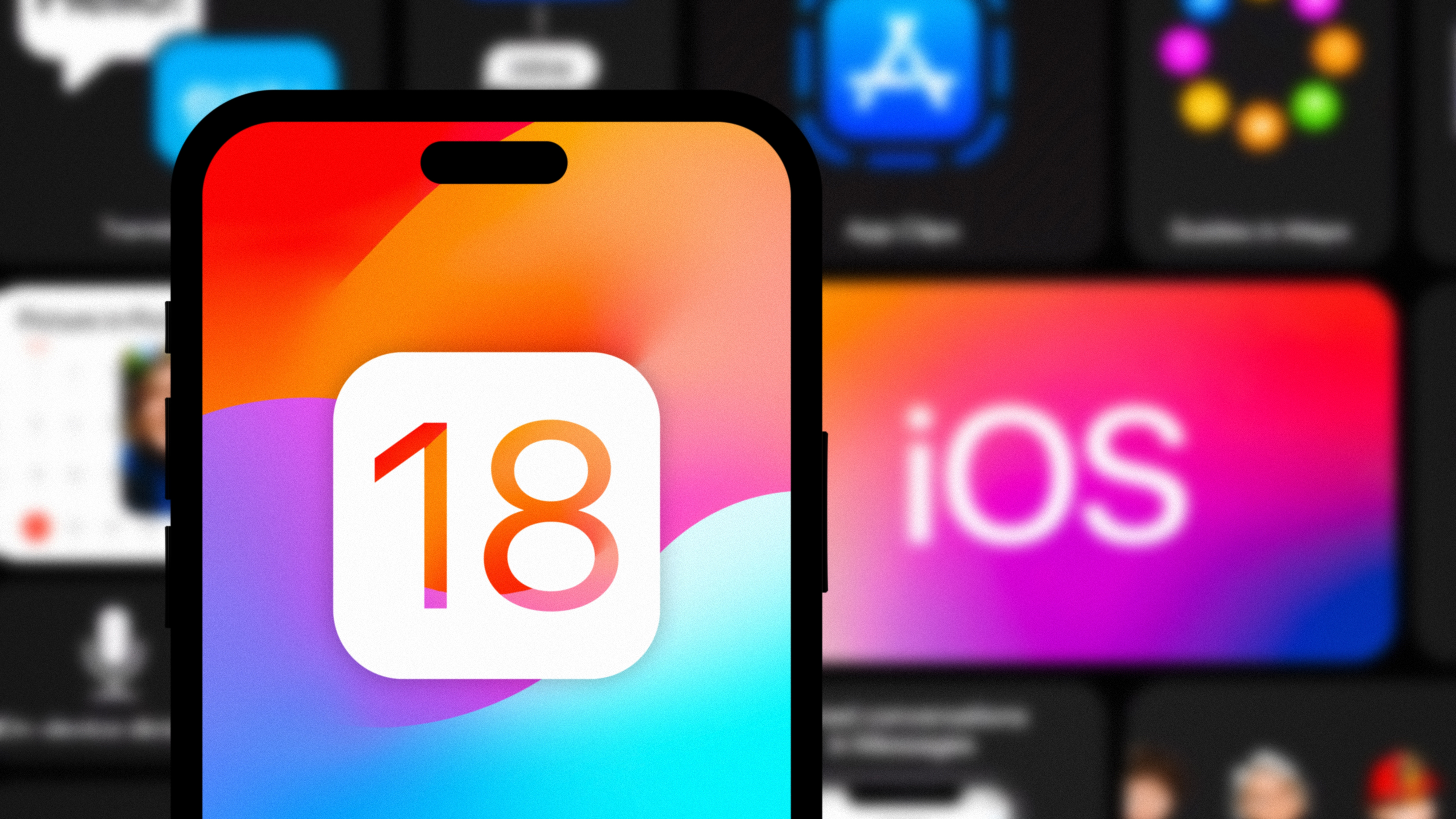
Speaking of AI, yet again, our Managing Editor of News Jacob Krol has a breakdown of what to expect from Apple Intelligence in iOS 18.
Now for something a little different... well not quite as I'm still talking AI, but let's take a look at Apple's audio stuff.
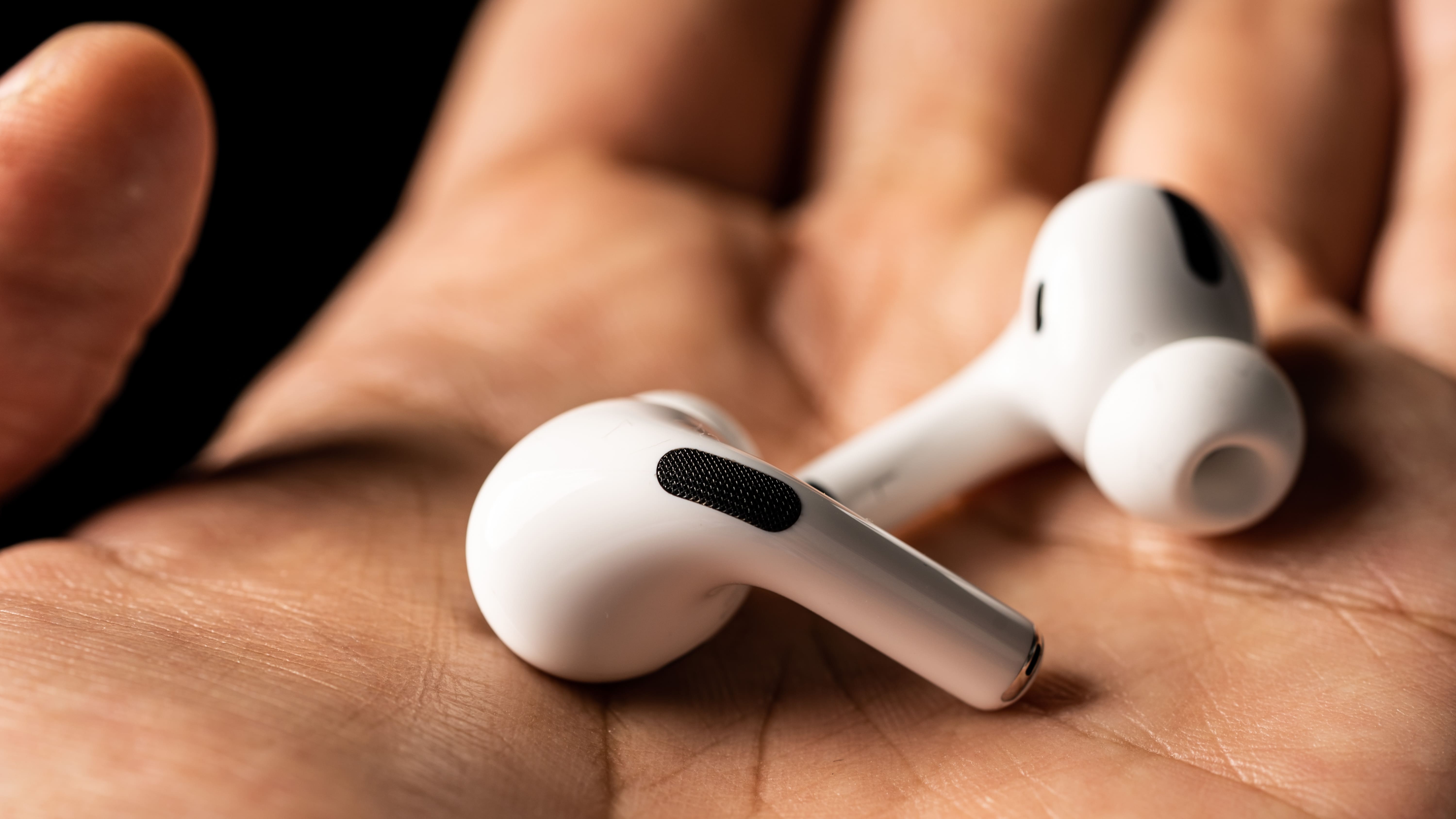
Audio Editor Becky Scarrott is emphatic that she doesn't want AI-centric adaptive sound in AirPods Pro 2 and instead wants real control.
As a fellow audio fan, I tend to agree as I don't like how machine-learning algorithms try to tweak sound to preferences that aren't quite yours. I feel the enjoyment of a particularly balanced audio is very much a super-personal thing that I'd not be keen leaving to an AI. Equally, I'm open-minded enough to give it a go...
And that's pretty much my take on AI in general: I keep an open mind to it.
Apple stands a chance of convincing me it's the true future, if it's well integrated into software and devices. But as much as I feel humans are fallible and often useless, there's still something right about the human touch, be it for art or simply having someone make you a coffee.
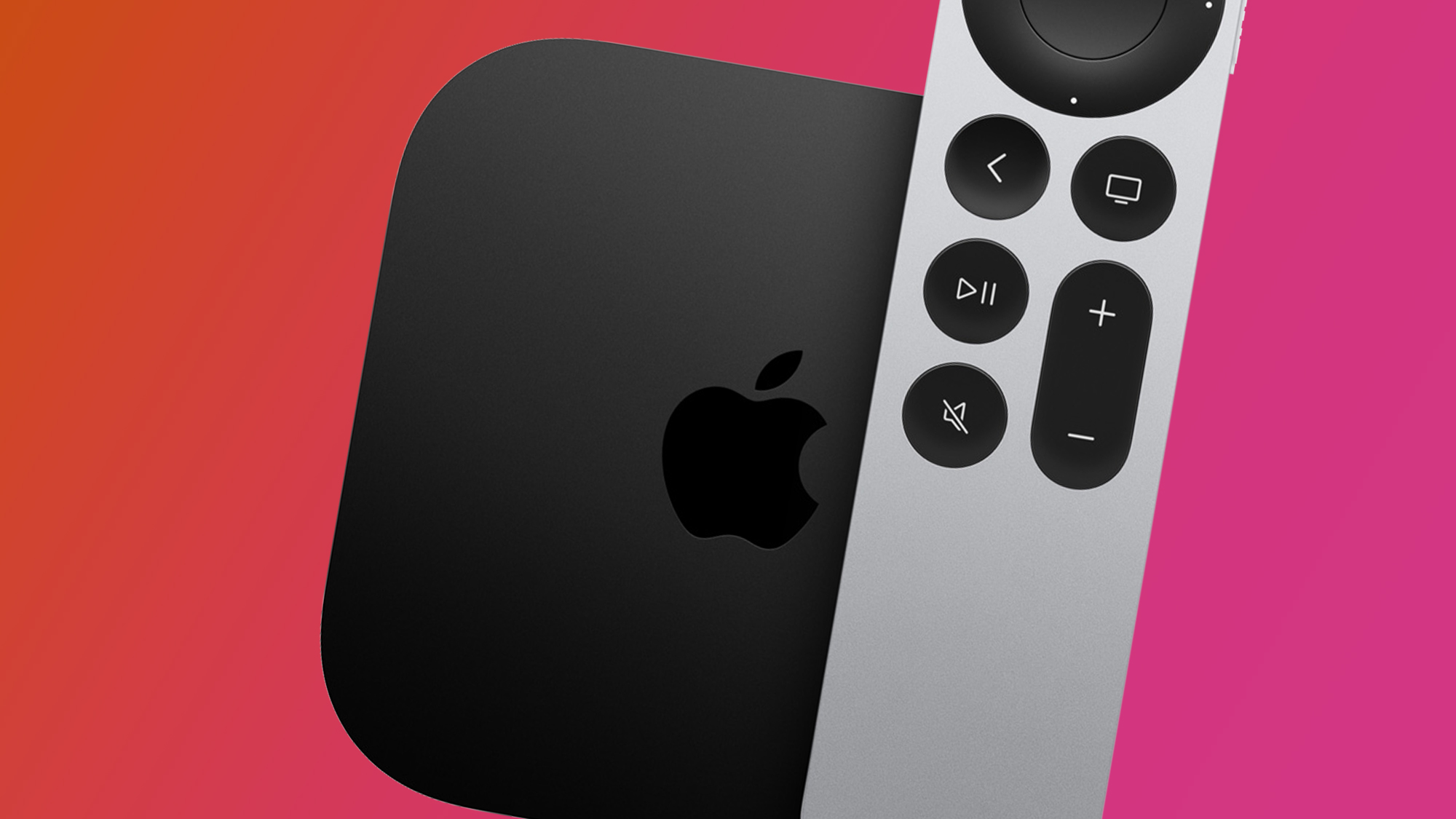
As for AI integration across Apple's audio and TV suite, I'm expecting smart playlists features in Apple Music and well-curated recommendations and series summaries in Apple TV Plus.
And maybe some clever smart light syncing of what you're listening to or watching, changing a rooms mood based on what's playing. Hardly a super-advanced take on AI use, but one that could be fun and handy at the same time.
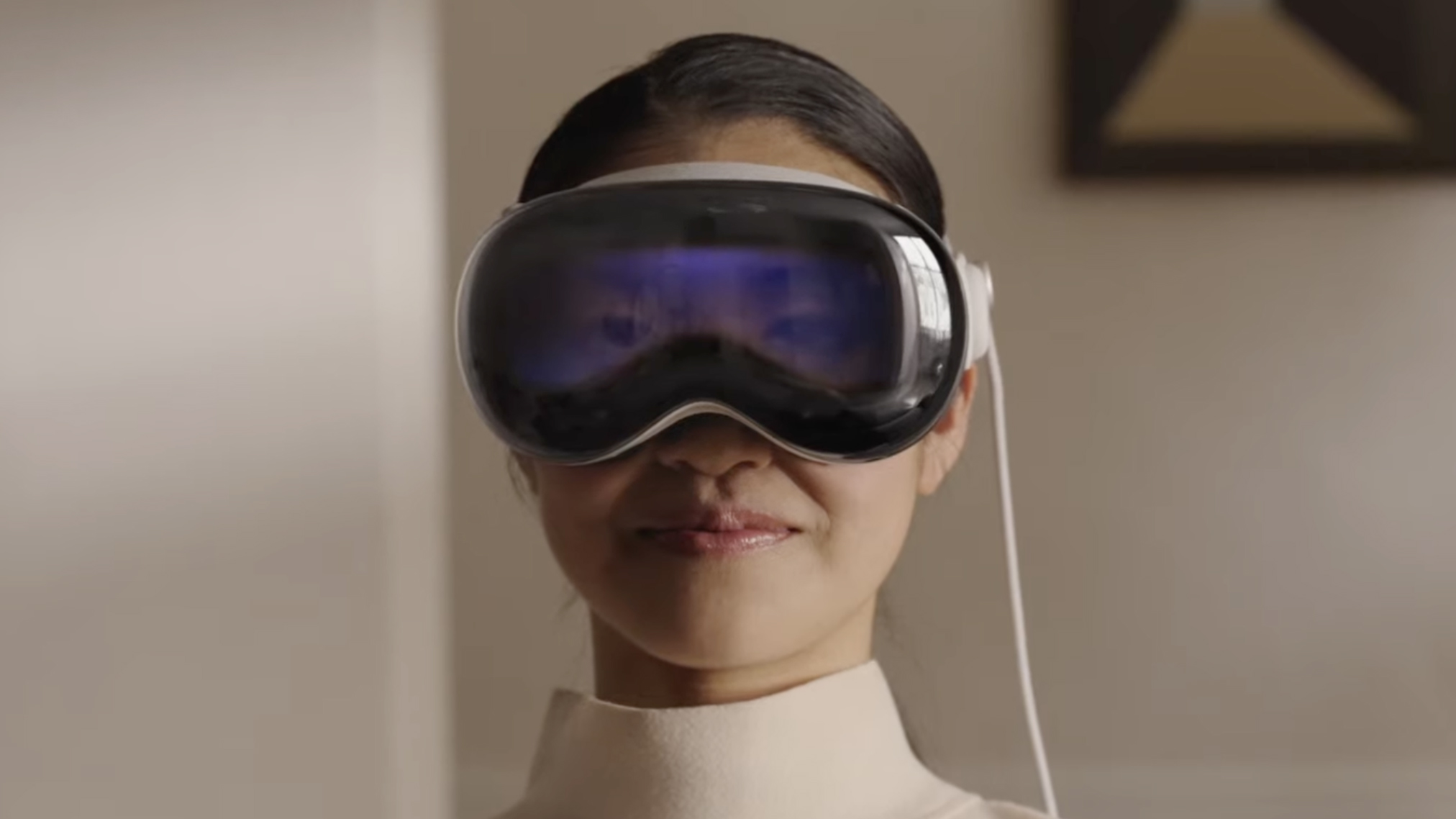
I'd be curious to see if the Apple Vision Pro makes an appearance at WWDC. It's a heck of a product but not a popular one; hardly surprising given its first-gen tech.
There's not been a barrage of murmurs over visionOS updates, but then Apple made a big deal about the Vision Pro last WWDC so surely it can't just ignore it.
AI could make the Vision Pro an easier headset to use with smarter gestures and voice recognition helping users do more in a seamless fashion. That's not to say the mixed reality headset isn't intuitive as it is right now but a dose of smarts could smooth over some of its rough edges.
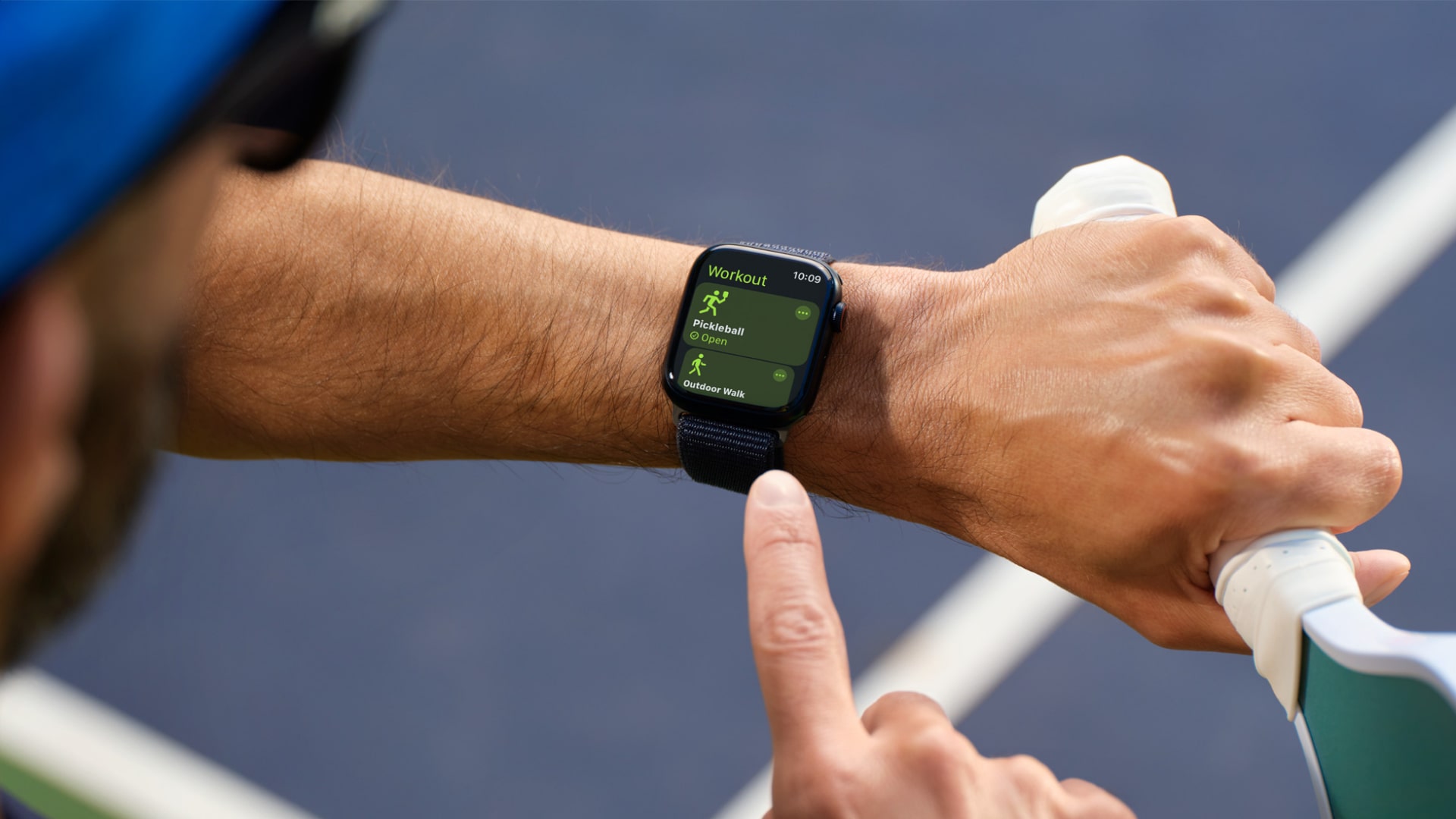
Ok, so let's talk watchOS 11. From the rumors so far, we're expecting new fitness-centric features and likely some more customization options.
But if the predictions come to fruition, we'd be confident that some form of AI tech will be popped into watchOS. This'll likely come in the form of custom workouts and generative AI-made plans for individuals to follow in order to meet their fitness goals.
I'd be curious to see what Apple could do with AI on the Apple Watch, especially as it could use a connected iPhone to do a lot of the data processing heavy-lifting. But then again, the Apple Watch is rather feature-rich.
So I'm rattling my head as to what Apple could bring to the table to really excite and delight its users.
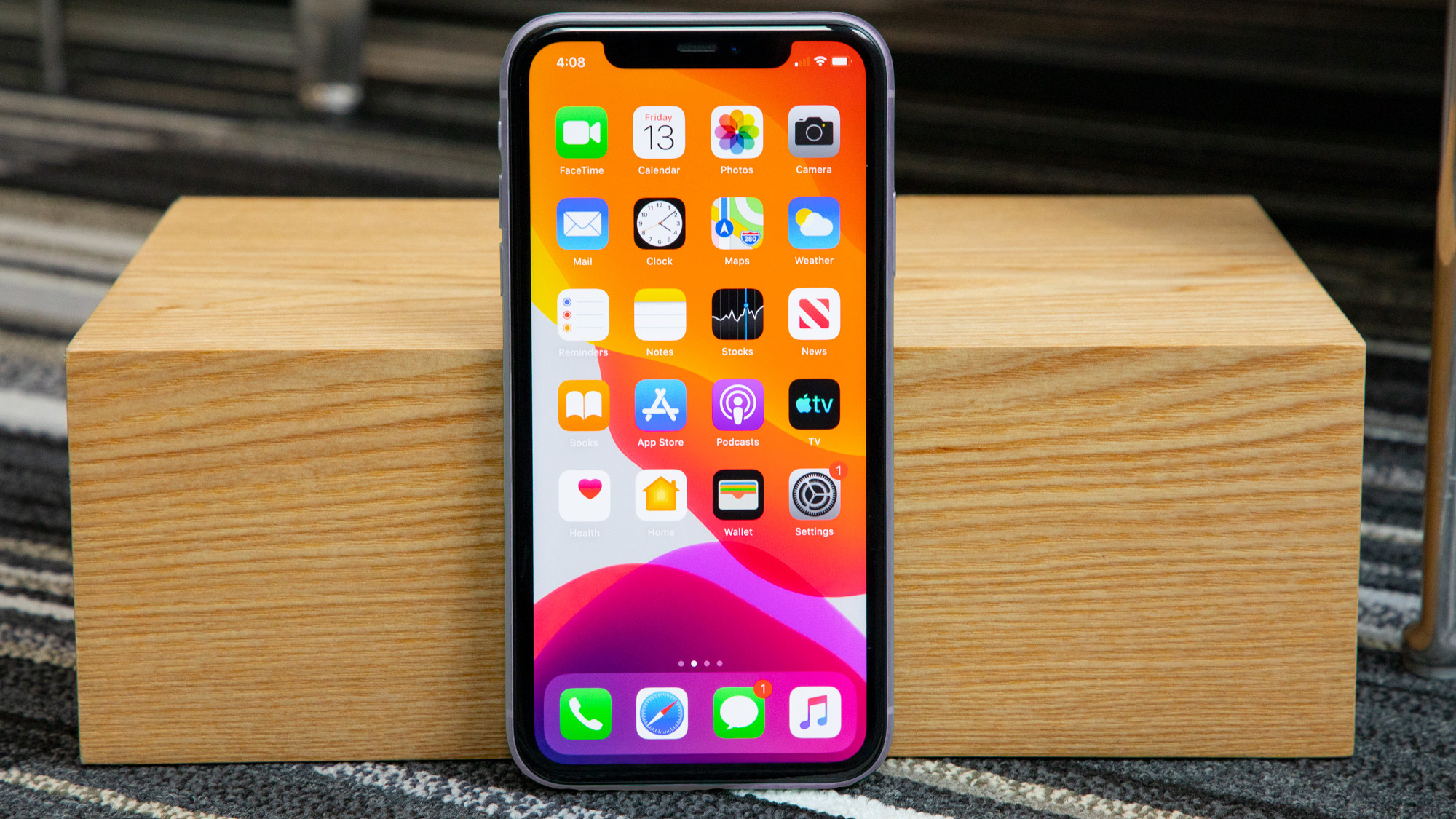
News just in: MacRumors has a claimed list of all the iPhones that'll work with iOS 18.
They are as follows:
- iPhone 15
- iPhone 15 Plus
- iPhone 15 Pro
- iPhone 15 Pro Max
- iPhone 14
- iPhone 14 Plus
- iPhone 14 Pro
- iPhone 14 Pro Max
- iPhone 13
- iPhone 13 mini
- iPhone 13 Pro
- iPhone 13 Pro Max
- iPhone 12
- iPhone 12 mini
- iPhone 12 Pro
- iPhone 12 Pro Max
- iPhone 11
- iPhone 11 Pro
- iPhone 11 Pro Max
- iPhone XS
- iPhone XS Max
- iPhone XR
- iPhone SE (2nd generation)
- iPhone SE (3rd generation)
So if MacRumor's information is on the money, then we're looking at a decent suite of iPhones with access to the upcoming version of iOS.
From that I can casually posit that iOS 18 won't be leaden with very demanding AI features, unless Apple does a lot of cloud-powered offloading, which I'm sure it will do initially, with users able to tweak what data they'll be happy with sharing outside of their iPhone's secure enclave.
Speaking of privacy, expect Apple to champion the secure and private use of data with the so-called Apple Intelligence.
Apple has long pushed how privacy-centric its iPhones are and I don't expect that to change with iOS 18, even if it means limiting the reach and spread of new AI tools.
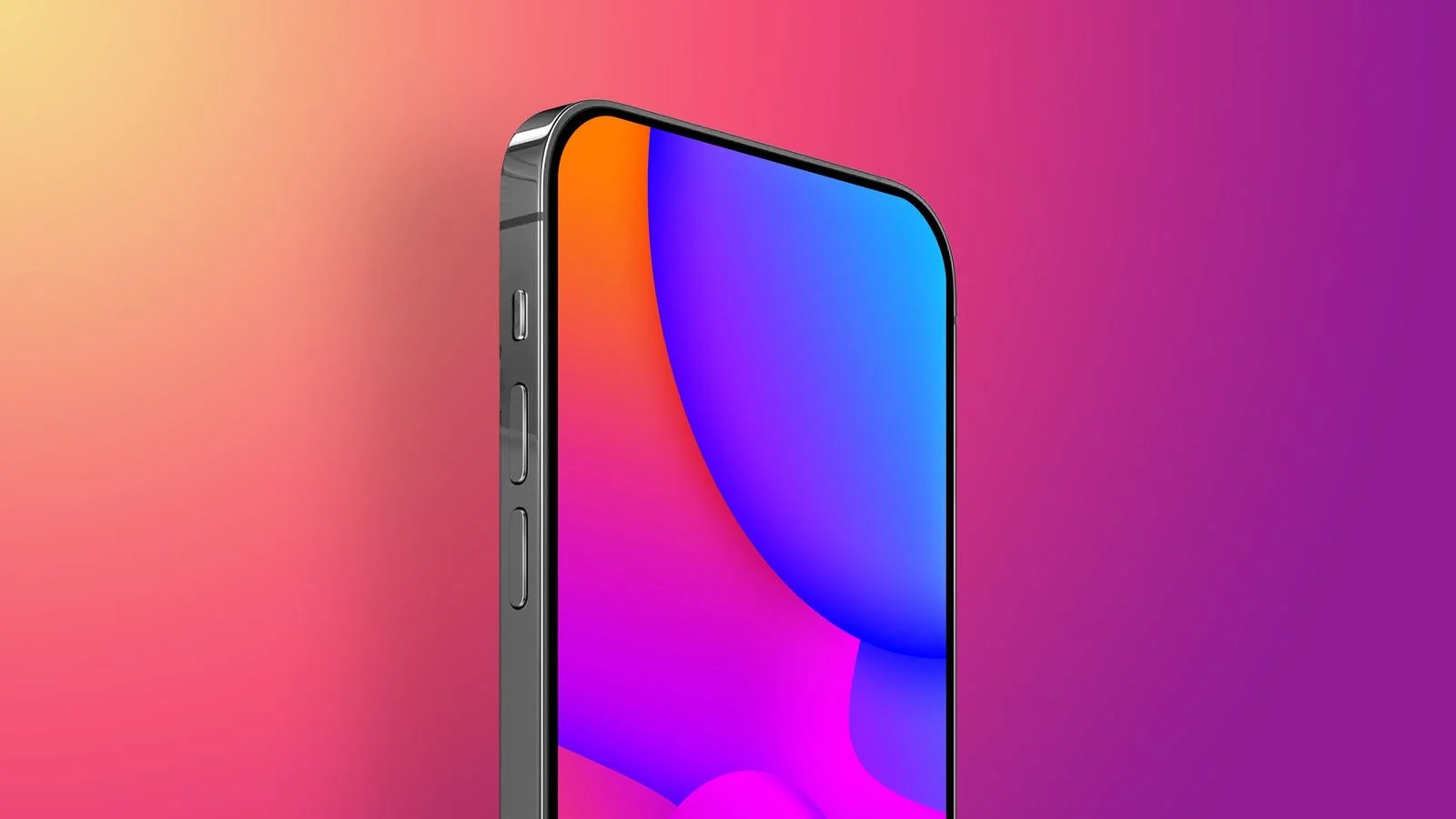
So here's an interesting thing: the iPhone 16 could be a bottleneck on Apple’s new AI features.
According to Apple analyst Ming-Chi Kuo, the iPhone 16 is expected to have 8GB of RAM, which may not be enough to help power the large language models that'll reportedly support Apple's AI tools.
“On-device LLMs are unlikely to exceed market expectations due to the iPhone 16’s 8GB DRAM limitation,” Kuo argued in a Medium post. So maybe one should temper expectations when it comes to how much of an 'AI phone' the next iPhone could be.
The analyst also noted that, "it is unlikely that Apple will announce development progress that significantly exceeds market expectations at WWDC 2024,” explaining that’s because “cloud-based LLMs require more time to train, and the development of on-device LLMs is currently limited by the iPhone 16’s 8GB of DRAM.”
Going by that, I suspect the iPhone 16 will bridge the gap between onboard and cloud-based AI features, meaning you'll probably need an internet connection to get the best out of any new smart features.
OK, it's time for me to hand over this live blog to Senior Editor Philip Berne.
My esteemed colleague has a wealth of Apple and tech knowledge so will be able to guide you on everything WWDC over the next couple of hours. You'll be in good hands.
Plus we have Lance Ulanoff and Jacob Krol on their way to Apple's Cupertino HQ and they'll be feeding us with updates and any pre-keynote thoughts. So keep your browser locked on this live blog.
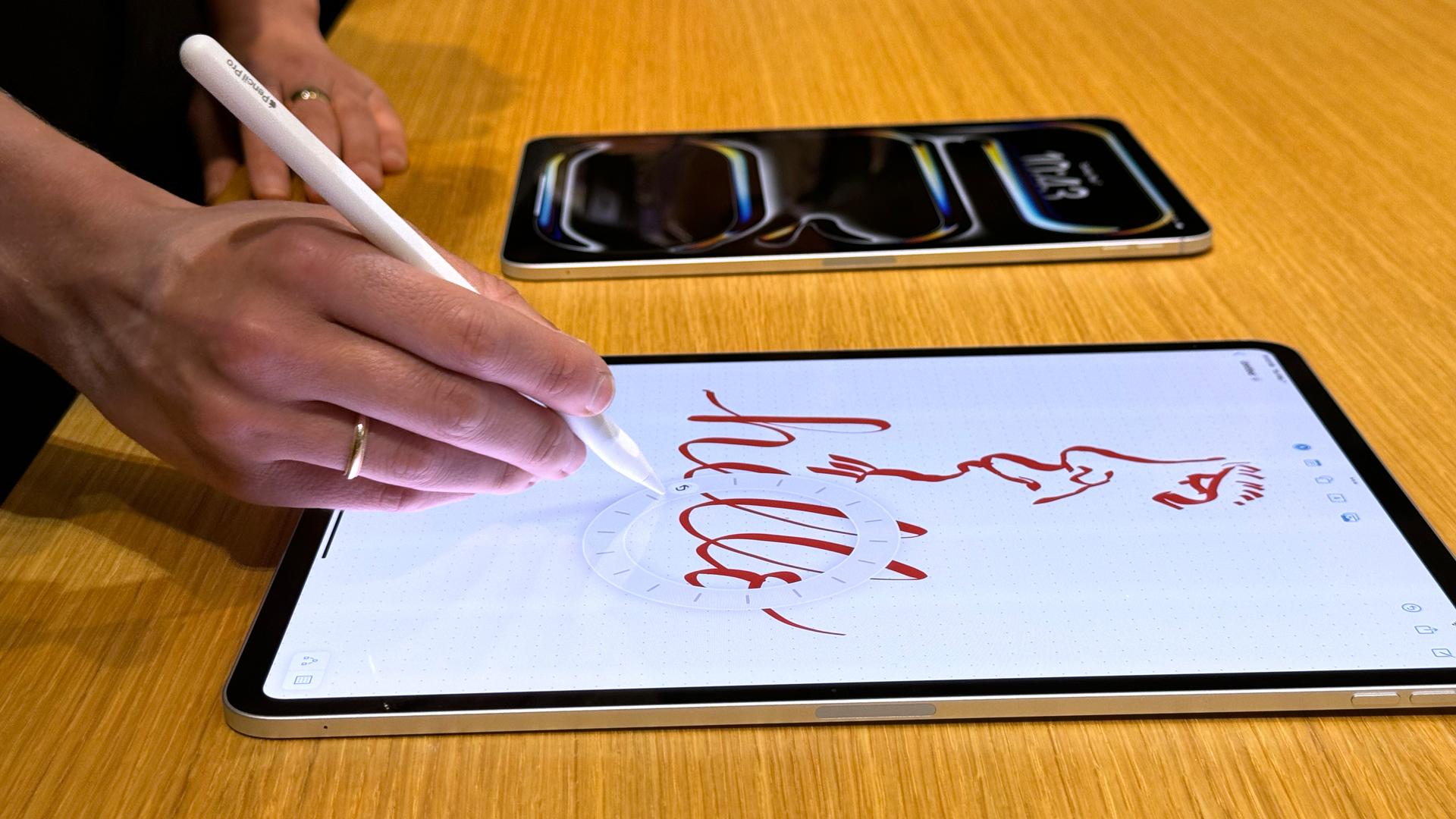
Good morning to everybody waking up to WWDC 2024! Normally WWDC is kind of disappointing. We always hope for cool new gadgets and product launches, but WWDC is Apple's WorldWide Developer's Conference, and Apple takes the Developers part seriously. That means instead of a new iPhone, we'll get news about iOS 18, and instead of a new iPad, we'll hear how iPadOS is evolving to take advantage of the new Apple M4 chipset.
Of course, this year could be one of the most exciting WWDC events ever. We've heard confused rumblings that Apple is going to be working directly with OpenAI, perhaps licensing the ChatGPT large language model for some new app or iOS/MacOS features.
This would be a totally new type of partnership from Apple, and a bit out of character for the normally guarded tech company. We're more curious than ever what the truth may be, but one thing is certain: AI is here and Apple isn't letting the competition pass it by. Whatever happens today, we expect AI features to take center stage in the most Apple way possible.
Of course, the other big question mark is the Apple M4 chipset. Apple took an unusual step in launching its powerful new silicon on an iPad before any MacOS computer could utilize that power. That left iPad Pro reviewers wondering what to do with all that power. Hopefully at WWDC 2024, we'll finally have an answer. Does Apple have an evolution planned for the next iPadOS? We could find out today.

We're still three hours from the WWDC 2024 keynote, and if you want to watch WWDC 2024 live we can help you find it streaming online. and we've got our News chief Jacob Krol and our Editor-at-Large Lance Ulanoff on scene, waiting to report the news, share images from the event, and of course give us their hands-on impressions.
We'll also have videos to share later on TikTok, so check out the TechRadar channel for more live impressions. We're expecting cool developments for the Apple M4 chip, which debuted on the iPad Pro, so check out Lance's first impressions of Apple's amazingly thin new tablet below.
@techradar ♬ Funk Hip Hop Music(814197) - Pavel
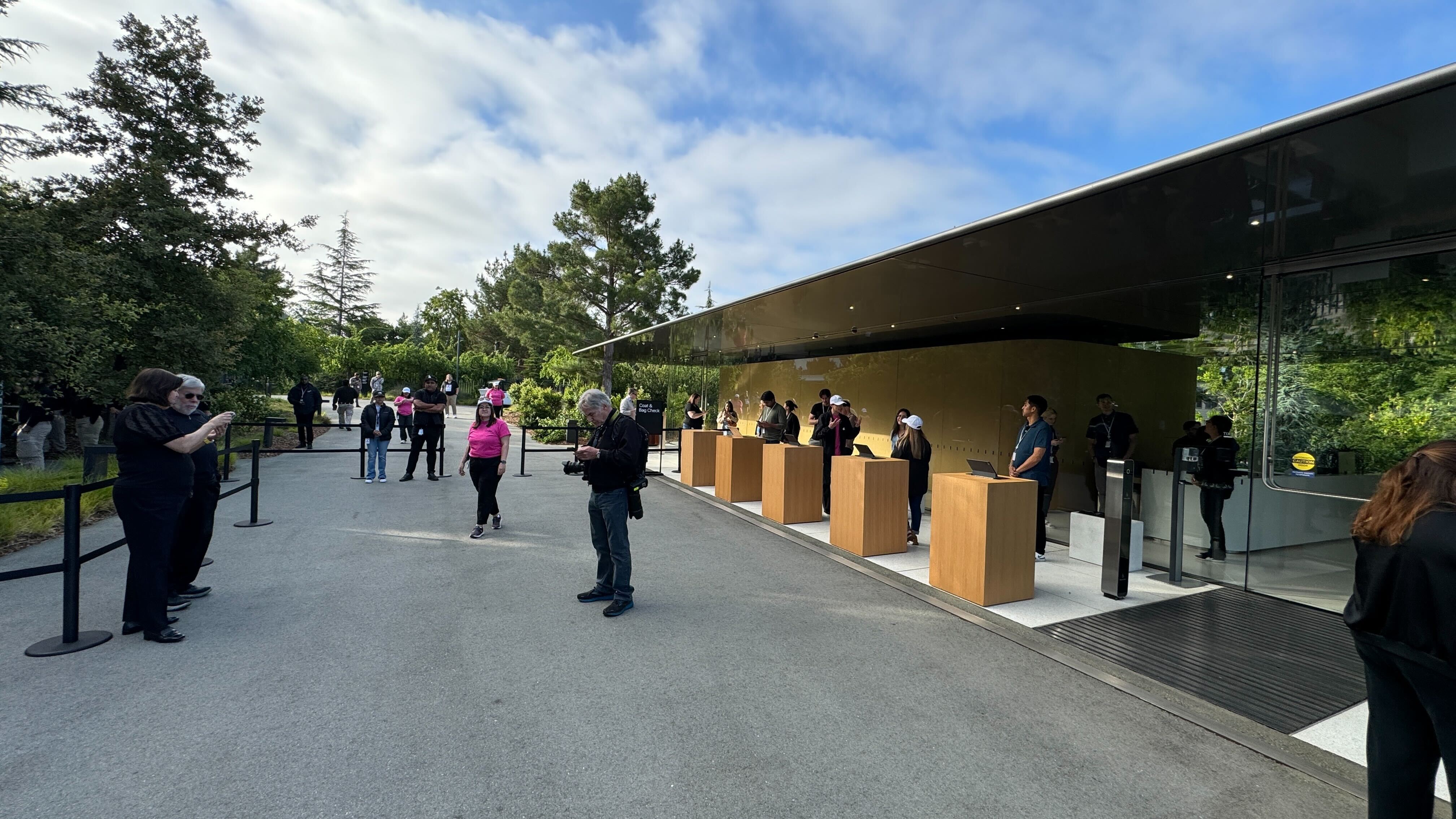
So what could Apple possibly do with AI on the iPhone today? Well, we know what other companies offer with AI tools, so that could give us a start.
The first major AI tools on a phone that we saw were photo editing features on the Google Pixel phones. Google's Photo Unblur, Magic Eraser, and later the generative AI Magic Editor were some of the first major AI tools to appear on a smartphone.
Today, Samsung offers similar Magic Eraser tools, and there are Samsung apps you can download for Unblur-type features and other tools as well. OnePlus hasn't offered a glut of AI features like its Android rivals, but it has started adding generative AI Eraser editing features to the photo gallery on its OxygenOS phones, like the OnePlus Open.
After photo editing came writing tools, with Google Gemini offering writing style adjustments, and Samsung quickly following suit. On those phones, you can make your messages sound more formal, more casual, or even like Shakespeare, on the Pixel. Apple could offer tools built into the Apple Keyboard, like Samsung does, so that the generative AI writing is available everywhere you can type.
The next major step was offering a full large language model that runs on the phone, without needing to access an LLM in the cloud. Google created a pared-down version of its Gemini LLM, Gemini Nano, that can run locally on the Pixel 8 family, even the Pixel 8a. Samsung also allows you to run its Galaxy AI features locally on your phone, if you'd prefer to not share any of your AI requests with a cloud.
Will we see photo editing from Apple today? An AI writing tool that helps with your blue bubble messages? Will the iPhone get its own LLM that lives on the device? Or will Apple simply sell out to OpenAI for ChatGPT? Only time will tell.

We're just over an hour from the big event, and we expect to see Tim Cook et al. live on stage at Cupertino, where our correspondents are on the scene taking in the sunshine and delicious Apple catering.
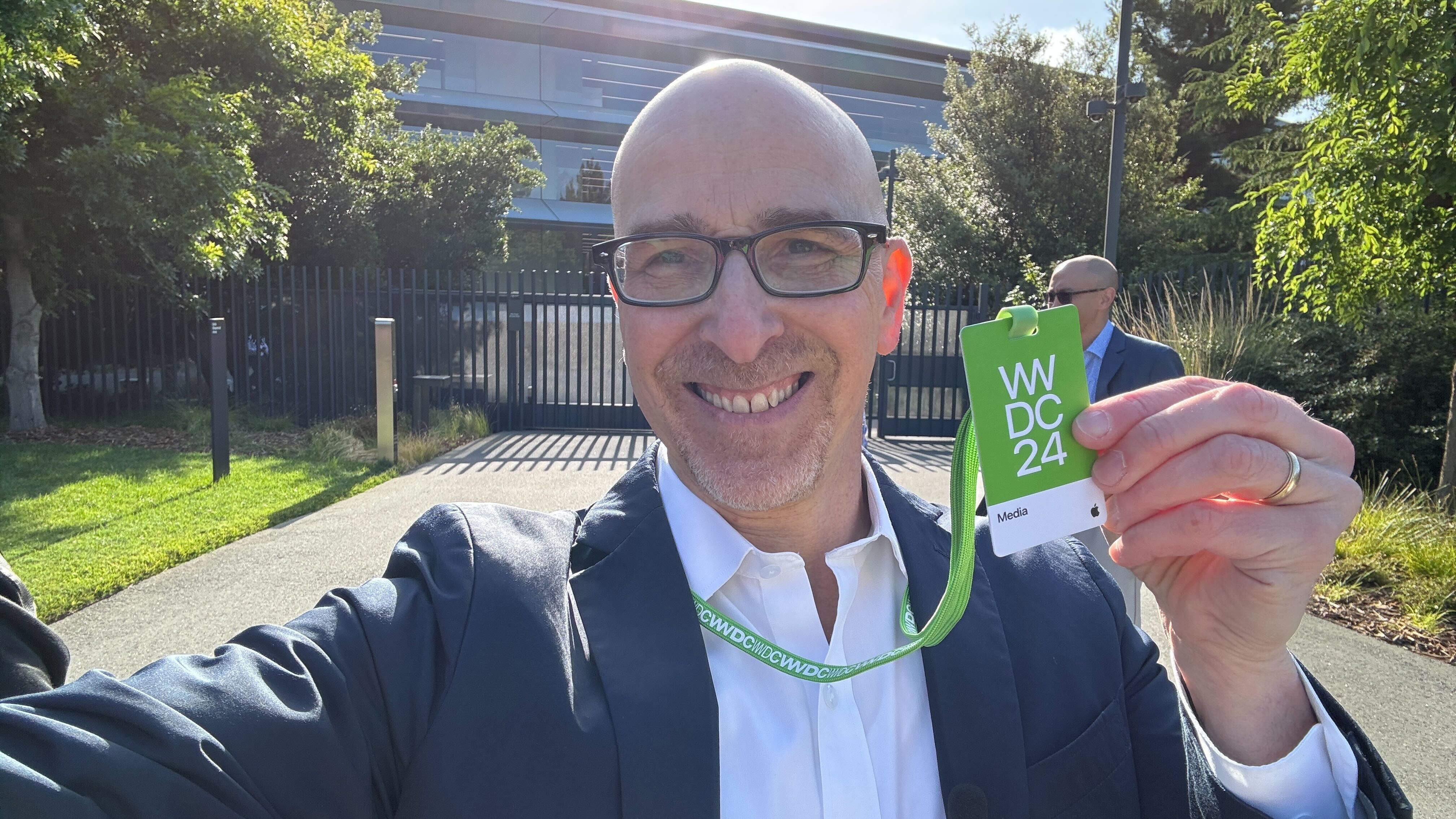
Really, we don't have a solid idea of what Apple will announce today, precisely, but the rumors keep coming back to Siri, and Apple's voice assistant has certainly languished over the past few years.
We've heard that Apple could be partnering with OpenAI to use ChatGPT in some way. Will Siri become the next speaking version of ChatGPT 4o? Whatever happens, we hope that Siri starts getting smarter, and fast. In a head-to-head test of the best voice assistants, Siri came in behind Samsung's much-derided Bixby.
There is also so much that Apple could do with iPadOS, now that the iPad Pro has the most powerful Apple silicon chip ever. The iPad would be a great platform for generative AI edits in Apple Photos, or any new generative AI tools, including writing and even coding.

We'll know more soon, and we have our team from computing, mobile technology, software, and every tech category standing by, ready to evaluate the news and figure out what's important, and what's coming to your favorite Apple products in the year ahead.







